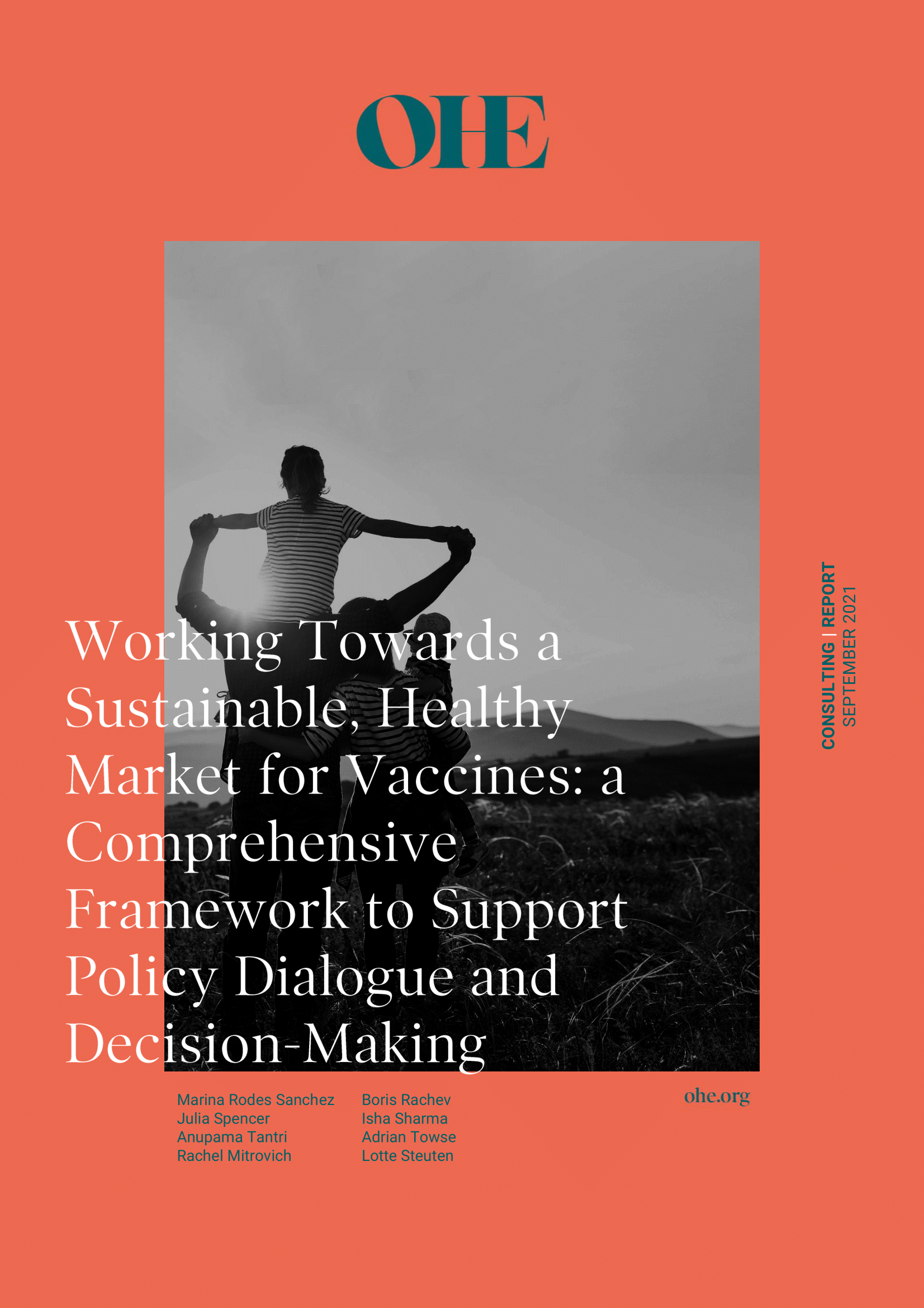Sign up to our newsletter Subscribe
Analysing Global Immunisation Expenditure

Rabies, which is traditionally regarded as a mortal condition in humans once the symptoms have developed, is the best known and most feared of all the diseases which may be passed from animals to man. The course of the illness is usually extremely…
Rabies, which is traditionally regarded as a mortal condition in humans once the symptoms have developed, is the best known and most feared of all the diseases which may be passed from animals to man. The course of the illness is usually extremely distressing, both physically and psychologically, although modem medicines can now help to relieve the suffering of its victims. Nevertheless there is still no effective cure. Awareness of this underlines the importance of preventive measures like immunisation and the control of rabies transmission amongst both wild and domestic animals. Hence the disease is a subject of considerable international concern to public health authorities.
Yet it is possible to overstate the seriousness of rabies as a world-wide health hazard. In richer areas, such as western Europe and North America, it currently does not cause a significant loss of human life even where it occurs relatively frequently amongst animals. And in developing countries the mortality estimated to be attributable to rabies is small as compared to the burdens imposed by infections such as malaria, tuberculosis or leprosy. Indeed, it may be argued that a major part of the harm caused by rabies stems not from its immediate effects but from the medical, social and economic risks and costs associated with its prevention. These range from the side effects of vaccination to the ecological damage involved in destroying potential vectors in infected areas.
This paper describes the nature and recent history of rabies and current developments in techniques for its prevention in the context of both its direct and indirect costs to the community. It also attempts to establish a balanced picture of the threat that the disease currently presents to the British Isles, which have been rabies-free for over 50 years.
Rabies


